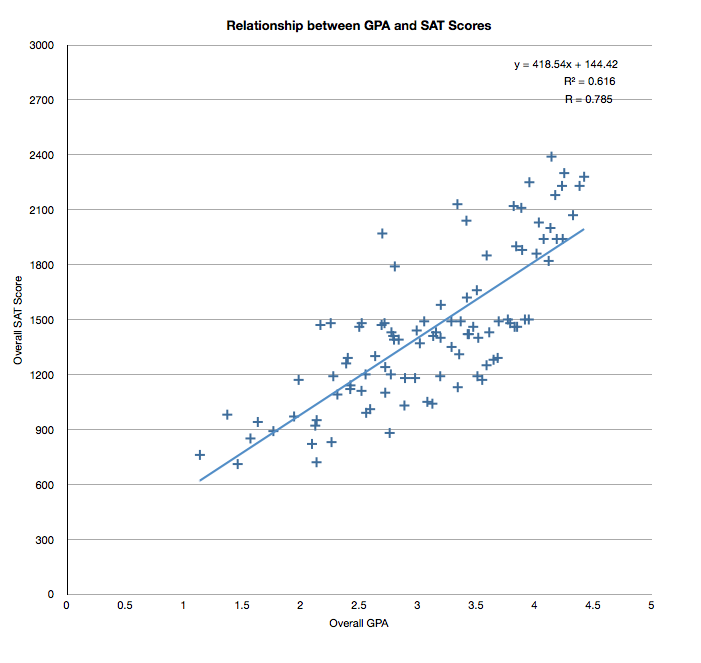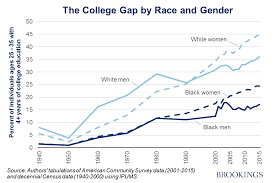Should Colleges and Universities Permanently Go Test Optional? (Point)
With the coronavirus pandemic affecting millions of students across the United States, standardized testing has become an afterthought. Most colleges have adopted test optional policies for this year’s cycle of applicants due to the difficulty in finding an open testing site. In any given year, many students would love for universities to abandon standardized testing in their admissions process because those tests are often accompanied by tons of studying and stress, but the reasons for dropping these exams, most notably the ACT and SAT, go further than laziness and unwillingness to study. In fact, research shows that scores are determined by family income, level of education, and race, rather than on a person’s academic merit.
Studies conducted by the Metropolitan Policy Program and the Hamilton Project at Brookings using data from the College Board show just how big a difference students’ personal situations make on their test scores. On average, students coming from families with an annual income of more than $200,000, score 140 points higher on the SAT than those from a family with the median annual income (around $55,000). Furthermore, students coming from a typical economic household, score 260 points higher than those from below the poverty line.
A student’s race also plays a strong role in the test-taking process. White and Asian students typically score 205 points higher than Hispanic and African American students. This correlation is no coincidence because these Hispanics and African American families usually come from lower-income households. Students from these lower-income families may be at a disadvantage because of the costs of the ACT and the SAT. As a result, they may not be able to have multiple tries at these standardized exams, as the ACT costs $62.50 and the SAT costs $64.50.
“Some people can’t afford tests and therefore can’t show their academic ability,” said junior Terry McGinty.
Parents’ education levels also play a prominent role in a student’s test scores. Test takers with parents who have a graduate degree score, on average, 253 points higher than students with parents who did not complete high school. This connects to family income and racial divides in test scores, as certain parents are more likely to have at least an Associate’s degree.
Socioeconomic inequalities also influence other areas of students’ lives. As a result, some may argue that there is bias, but no better way to fairly compare students’ academic capabilities. This argument suggests that standardized testing is still the best way to compare students across the nation, as GPA and extracurriculars can vary depending on the school.
Still, when looking at data comparing GPA to SAT scores, there is an unusual amount of variation due to some students with higher GPAs not always having a test score that reflects their grades in school.
“The test doesn’t always reflect someone’s academic abilities,” said junior Jamie Goldman.
“Some students are bad at test taking, so not being required to take a standardized test allows a student to better show their worth,” said junior Charlie Bosworth.
Although all of these factors certainly support the need for standardized testing, it is simply too hard to ignore the racial and economic factors that influence test scores. If standardized testing is meant to put all students on a level playing field, how is it that other factors continue to divide students, putting some at a disadvantage?
Some colleges have moved past test-optional completely by removing standardized testing from their admissions process altogether, becoming “test-blind”. The University of California, a public university system with over 280,000 students across nine campuses, is the most notable example. Their reasons for removing the exams are nearly identical to the reasons already stated: that race, socioeconomic standing, and parental education play a large role in the final testing product, which is unfair. Although the UC system is planning to develop its own test to administer, it has pledged that if these tests still contain the same biases that the current system has, all of the universities will remove standardized testing permanently.
[The SAT is] “a racist test, no two ways about it,” said Jonathan Sures, a regent on the Governing Board of the University of California, during an interview with the Washington Post.
Overall, the negatives of standardized testing far outweigh the positives. The system does not accurately reflect a student’s work ethic and intelligence. Instead, standardized tests give an advantage to those coming from better financial situations. Especially now, due to the pandemic, many are unable to take the test due to the costs associated with them, general fear for their safety, and the lack of testing sites. Because of the proven racial, socioeconomic, and educational differences between students, schools are beginning to become test-optional, which should be the future of college admissions.






